Hip Fracture
Medically reviewed by Drugs.com. Last updated on Aug 4, 2025.
AMBULATORY CARE:
A hip fracture
is a break in the upper part of your femur (thigh bone).
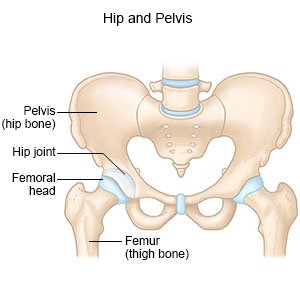 |
Common signs and symptoms:
- Pain in your upper thigh, groin, or buttock
- Pain when you flex or rotate your hip
- Trouble placing weight on your leg and walking
- One leg looks shorter than the other
Treatment
may include any of the following:
- Medicines may be given to prevent or treat pain. You may also need blood thinners to prevent a blood clot.
- Surgery is usually needed. The type of surgery you need depends on the type of fracture you have. The broken parts of your femur may be put back together with metal hardware. All or part of your hip joint may need to be replaced.
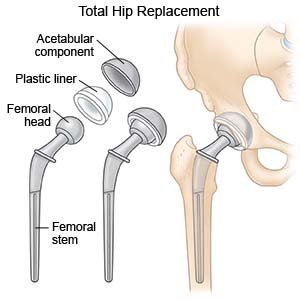
Call your local emergency number (911 in the US) if:
- Your leg feels warm, tender, and painful. It may look swollen and red.
- You feel lightheaded, short of breath, and have chest pain.
- You cough up blood.
Seek care immediately if:
- You have severe pain, even after you take pain medicine.
- Your legs are numb.
- You cannot move your leg or foot.
Call your doctor or bone specialist if:
- You have a fever.
- You have a blister or open sore.
- You have a sore that is red, swollen, or draining pus.
- You have increased pain, numbness, tingling, or leg swelling.
- You have worsening function or deformity.
- You have questions or concerns about your condition or care.
Prevent falls:
The following can help you prevent another hip fracture or complications of your hip fracture:
- Get regular exercise. Include exercises that strengthen your legs and improve your balance. Ask about the best exercise plan for you.
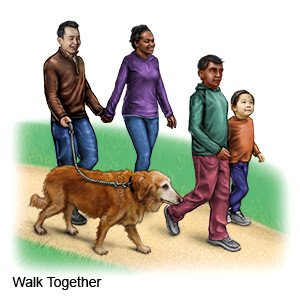
- Talk to your healthcare provider about all of the medicines you take. Some medicines can cause dizziness or drowsiness and increase your risk for falls.
- Have your vision checked regularly. Your vision may worsen over time and increase your risk for falls.
- Use a walking device, such as a cane or walker, if you have trouble keeping your balance.
- Make your home safe:
- Improve the lighting in your home so that you can see where you are walking better.
- Add grab bars to the inside and outside of your tub or shower and next to the toilet.
- Add railings to both sides of your stairways.
- Remove throw rugs and other objects that can cause you to trip and fall.
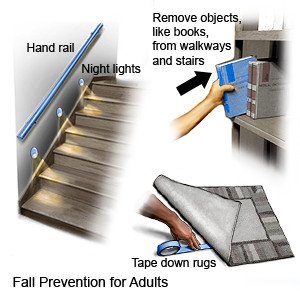
Manage a hip fracture:
- Eat foods that are high in calcium and vitamin D. Your healthcare provider may tell you to eat more dairy products, such as milk and cheese, for calcium. Spinach, salmon, and dried beans are also good sources of calcium. Cereal, bread, and orange juice may be fortified with vitamin D. You also get vitamin D from exposure to sunlight. Your healthcare provider may also suggest a calcium or vitamin D supplement. Do not take supplements unless directed.
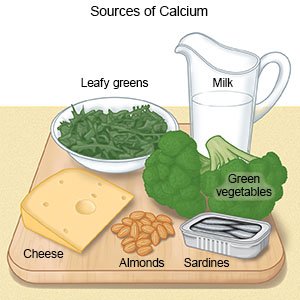
- Rest as directed. You may need a brace or pillow between your legs while your fracture heals.
- Go to physical therapy as directed. A physical therapist will teach you exercises to help improve movement and strength, and to decrease pain during recovery.
Follow up with your doctor or bone specialist as directed:
You will need to return for more x-rays. Your healthcare provider may also want to check you for osteoporosis. Osteoporosis is a condition that causes bones to become brittle and break easily after a fall. You will need treatment if you develop osteoporosis. Write down your questions so you remember to ask them during your visits.
© Copyright Merative 2025 Information is for End User's use only and may not be sold, redistributed or otherwise used for commercial purposes.
The above information is an educational aid only. It is not intended as medical advice for individual conditions or treatments. Talk to your doctor, nurse or pharmacist before following any medical regimen to see if it is safe and effective for you.
Learn more about Hip Fracture
Treatment options
Care guides
Symptoms and treatments
Medicine.com guides (external)
Further information
Always consult your healthcare provider to ensure the information displayed on this page applies to your personal circumstances.
